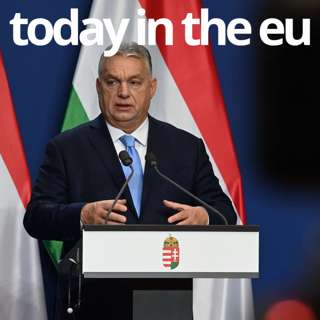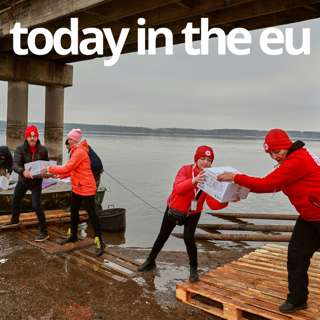
Why the EU won’t stop the development aid decline
10 Feb 22min
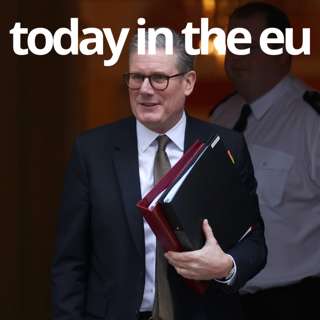
How Brexit's legacy limits Starmer's EU relationship
Five years after the Brexit referendum, the UK has undergone its biggest change in a century. In Westminister, five prime ministers have tried – and failed – to stabilise the country's political and financial lifeline. Now, it is Starmer’s turn. In Brussels, hopes rest on his success, especially in rekindling diplomatic ties on trade, defence, and youth mobility. Where are we at in negotiations? And how is Brexit still influencing London's decisions?In this episode, host Giada Santana talks to Euractiv's editor Owen Morgan and BREXIT expert Joël Reland about the future of EU-UK relations.
7 Feb 22min
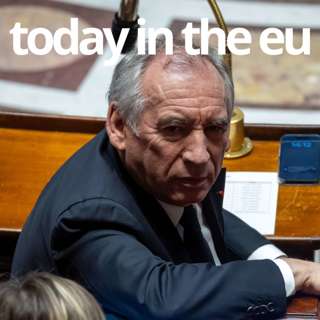
How a budget bill could end the French left
For the first time in 60 years, France started the year without a budget bill after December’s vote triggered the collapse of Prime Minister Barnier’s three-month-old government. But this week, new PM Michel Bayrou managed to push through the budget – avoid the New Popular Front alliance's no-confidence vote and secure his own job in the process. Now, the opposition is pointing finger at one party in particular: the Socialists, who broke away from the NFP and decided not to rally behind the group’s vote. The party divisions in the NFP could mark the end of the alliance, and leave France’s left in limbo. Could the socialists deal the final blow to NFP? In this episode, host Giada Santana and Paris-based politics reporter Theo Bourgery-Gonse make sense of the french left's fragmentation and PM Bayrou's latest moves.
6 Feb 15min
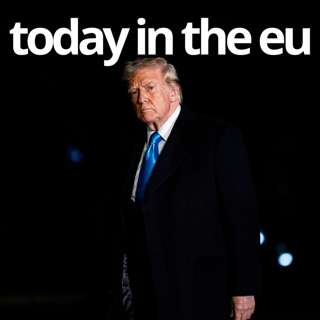
Making sense of Trump’s tariffs, what should the EU expect?
After Canada, Mexico, and China, the EU could be next to face the threat of tariffs as Donald Trump’s latest remarks suggest levies on European goods may be imminent. Is Brussels prepared to retaliate? And how might the bloc get entangled in a global trade war?In this episode, host Giada Santana and economy reporter Thomas Moller-Nielsen break down Trump’s strategy—and what it could mean for the EU.
5 Feb 19min

After California, DeepSeek makes the EU nervous
The new Chinese AI model DeepSeek R1 is making waves worldwide as the start up behind it says it runs at a fraction of the cost of all existing models on the market. That seems impressive. Or sort of. In the EU, at least eleven member states have promptly reacted to the launch, demanding the platform clarification on its privacy policy. Brussels' investigation, on the other hand, has yet to reach conclusions. What rules could the Chinese startup be in violation of? Where does the data go? In this episode, host Giada Santana and tech reporter Claudie Moreau ask DeepSeek some of these questions directly and analyse what measures Brussels can implement to protect users.
4 Feb 15min
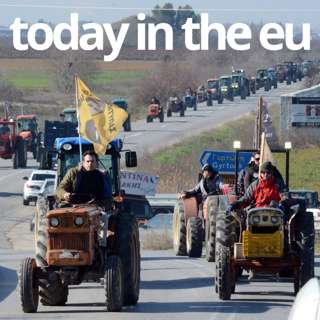
Why the Commission is failing to ease farmers' worries over MERCOSUR
Concerns over the EU’s trade deal with Argentina, Brazil, Paraguay, and Uruguay have stalled negotiations for two decades. Now, the agreement is signed – but its opposition is far from sealed. Farmers worry it means unfair competition and fear cheaper, less-regulated imports could threaten their livelihoods. Economy Commissioner Maroš Šefčovič and Agriculture Commissioner Christophe Hansen stepped in last week to ease tensions over Mercosur’s impact. Was it enough? And how is the Commission handling the pushback? In this episode, host Giada Santana and agrifood reporter Maria Simon Arboleas analyse the fragmentation around the Mercosur agreement and the Commission's plan to move forward.
3 Feb 15min
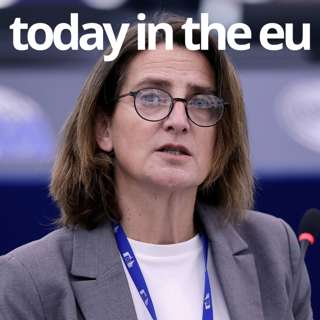
An interview with EVP Teresa Ribera, on the political tensions against the Clean Industrial Deal
Less than a month before the publication of the Clean Industrial Deal, executive commissioner Teresa Ribera speaks to host Giada Santana and EET editor Donagh Cagney about competitiveness, environmental NGOs lobbying and the hostile political climate standing in her way.
31 Jan 23min
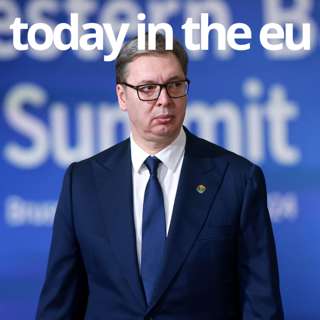
What the uprising toppling Serbia’s PM means for the country’s EU accession
Not many could have guessed that the 2024 railway accident in Novi Sad, Serbia’s second-largest city, would spark some of the largest protests in the country’s post-Soviet history, ultimately leading to Prime Minister Miloš Vučević's resignation. While demonstrators are demanding accountability for the 15 lives lost in the railway ceiling collapse, they also want greater transparency and the rule of law enforcement. But Serbia’s political landscape offers little in the way of real opposition to President Aleksandar Vučić. How did the country reach this breaking point? And what comes next? In this episode, producer Charles Cohen speaks with Engjellushe Morina, a senior policy fellow at the European Council on Foreign Relations, to unpack the roots of Serbia’s mass protests and what lies ahead.
30 Jan 16min
